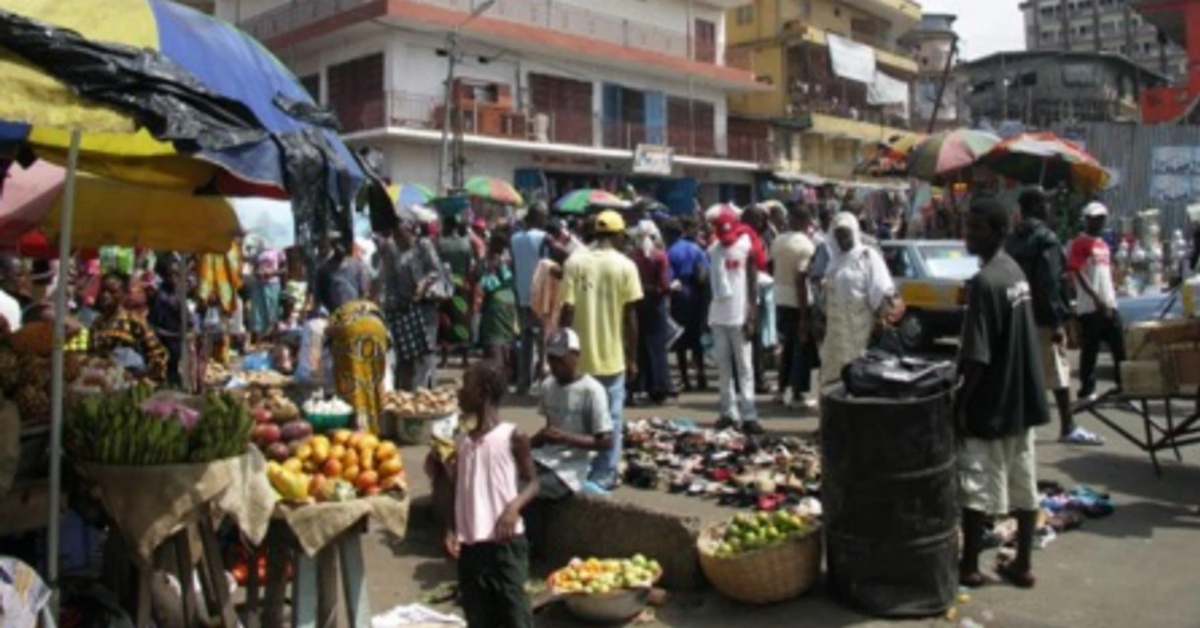Sierra Leone is grappling with a pressing issue that has taken center stage in the wake of the Ukraine crisis: food security. The conflict has dealt a severe blow to the country, resulting in income losses and disruptions in agricultural production. This unfortunate combination has pushed millions of Sierra Leoneans into the perilous territory of food insecurity. The reliance on rice as a staple food in the country intensifies the challenges faced by its citizens.
The majority of farmers in Sierra Leone engage in small-scale subsistence rice farming, while the potential for large-scale commercial production remains largely untapped. Limited access to farming tools, pesticides, and quality seeds hampers productivity, exacerbating the already dire situation. The inability to afford a healthy diet has serious implications for the nutritional status and overall health of households, which are commonly characterized by high levels of food insecurity.
The United Nations World Food Program (WFP) conducted an analysis in August 2022, revealing that a staggering 81 percent of Sierra Leonean households were unable to meet their basic food and nutrition needs. Among them, 15 percent faced severe food insecurity, necessitating emergency food assistance.
Smallholder farmers, already struggling to produce sufficient food, now face the brunt of the crisis as they can no longer afford inputs and related services. The vulnerability of rural populations dependent on farming as their primary source of livelihood raises grave concerns about food security.
Inflation has further exacerbated the situation in Sierra Leone, limiting people’s purchasing power and escalating hunger levels. Despite some respite in the prices of wheat, which have returned to pre-war levels, they remain 50 percent higher than in 2020.
Dr. Bettina Rudloff of the German Institute for International and Security Affairs underscores the war’s multifaceted impact on the country’s food security, citing increased hunger levels amid rising prices.
The consequences of the crisis are evident in the significant decline in agricultural production, with farmers struggling to plant and harvest crops. The cost of a 50-kilogram bag of rice has risen by about 20 percent, making it increasingly difficult for people to access food. In Sierra Leone, salaries are insufficient to cover basic needs such as food, clothing, utility bills, and other necessities.
Sierra Leone heavily relies on food imports. President Julicus Maada Bio acknowledges the need to strike a balance between sustainable agriculture, which supports the environment, and the production of sufficient food. Unfortunately, the economic blowback from the Ukraine crisis has become a grim reality in the nation of 7.5 million people, where approximately 43 percent of the population lives below the poverty line of $1.90 a day, according to the World Bank.
Roman Herre, an agricultural consultant at FINA Deutschland, emphasizes the evolving definition of food security. While it historically focused on absolute production quantities and compensating deficits through imports, the approach has shifted to encompass access to productive resources and the active engagement of individuals in the fight against hunger.
Despite efforts to address food insecurity, the situation in Sierra Leone remains dire. The conflict in Ukraine has resulted in the loss of millions of hectares of arable land, the displacement of numerous people, and the destruction of countless agricultural businesses. The future remains uncertain, and there is no clear end in sight to the crisis.
Addressing food insecurity in Sierra Leone requires sustained support from international organizations and governments. This assistance should focus on strentightening the agricultural sector, providing aid to those affected by the conflict, and promoting sustainable farming practices. By ensuring access to nutritious food, Sierra Leoneans can maintain their health and productivity, paving the way for a more secure future.
ABOUT THE AUTHOR
Rachel Amara is a female journalist with nearly five years of experience, including training programs such as YALI and UNDP. She is dedicated to shedding light on critical issues like food security in Sierra Leone. Through her work at Nyapui Radio, she aims to raise awareness, advocate for change, and empower individuals to actively participate in strategies to combat hunger and achieve a better tomorrow for Sierra Leone.












May God help her to continue doing more advocacy on food self-sufficiency and zero hunger tolerance in sierra Leone.
Excuses everyday we are tired of this hypothesis if SLPP government is not proficient to control the sierra Leone economy let me say it and try to vacate from power,
We pray 🙏 God help our beloved country mama Salone in this trying times…